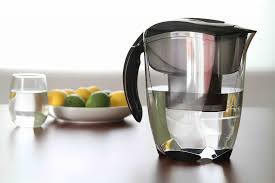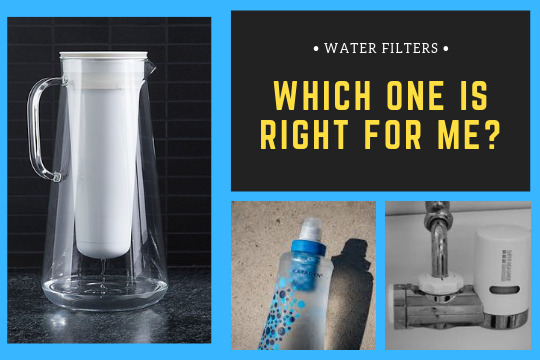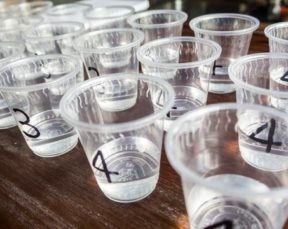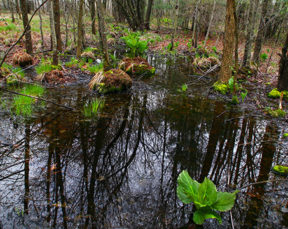By Reem Shair – GSWA Intern
Water is amazing at dissolving things, which is both good and bad. It’s great if you need to remove a stain from your clothes, but not always so great when you need to drink it. Water is constantly circulating throughout the environment dissolving bacteria and toxins as it makes its way into your faucet. Many people look to water filtration devices to help reduce the amounts of bacteria and toxins in their water. Realistically though, most tap water is entirely safe to drink and use. Filtration devices are generally used to help with the taste and smell of the water. If you don’t know whether your water is safe to drink straight from the tap, getting your water tested is a great way to find out. Water testing will also identify what is in your water so you can determine what kind of filter you should buy.


A less common and more expensive type of water filter is a reverse osmosis filtration system. It uses a membrane which removes many contaminants from water. It is usually paired with a granulated activated charcoal filter to remove chlorine. It can be mounted under the sink and has a holding tank. The semipermeable membrane separates many contaminates from the water and rejects a large amount of water in the process. This filter reduces arsenic, asbestos, heavy metals, and fluoride. A downside is that it wastes more water than it produces and removes beneficial minerals from water that gives it its taste.
Solid block carbon filters are recognized by the EPA as the best option for removing chemicals like herbicides, pesticides, and volatile organic chemicals. A quality carbon block filter will also remove bacteria, fluoride, heavy metals, nitrates, and parasites. Most are gravity based and can transform any type of water into safe drinking water including rainwater, pond water, and even sea water (though these types of water will clog the filters much more quickly). They will even filter water with food coloring to create clear water. These filters also don’t remove naturally occurring minerals from the water, making it the best tasting filtered water option.


Drinking from your tap doesn’t need to be scary. Once you have your water tested and determine which filtration device will work best for you, drinking straight from the tap should not be a problem. In fact, you can save a lot of money and time by purchasing a reusable water bottle and filling it with water from your tap to take on the go. Reusable water bottles can be found almost everywhere from places like the grocery store to websites like Amazon. An added bonus is that you will reduce your carbon footprint by no longer using plastic water bottles, becoming more environmentally friendly!
References
Berkey. (n.d.). Types of Drinking Water Filtration Systems Reviews. Retrieved from https://theberkey.com/blogs/water-filter/types-of-drinking-water-filtration-systems-reviews
Luna, Butler, J., & Sophie. (2019, January 16). Common Types of Water Filters and How They Work. Retrieved from https://healthykitchen101.com/types-of-water-filters/
Schwartz, D. B. (2017, July 29). Which Is the Right Type of Water Filter for You? Retrieved from https://www.bobvila.com/articles/types-of-water-filters/




